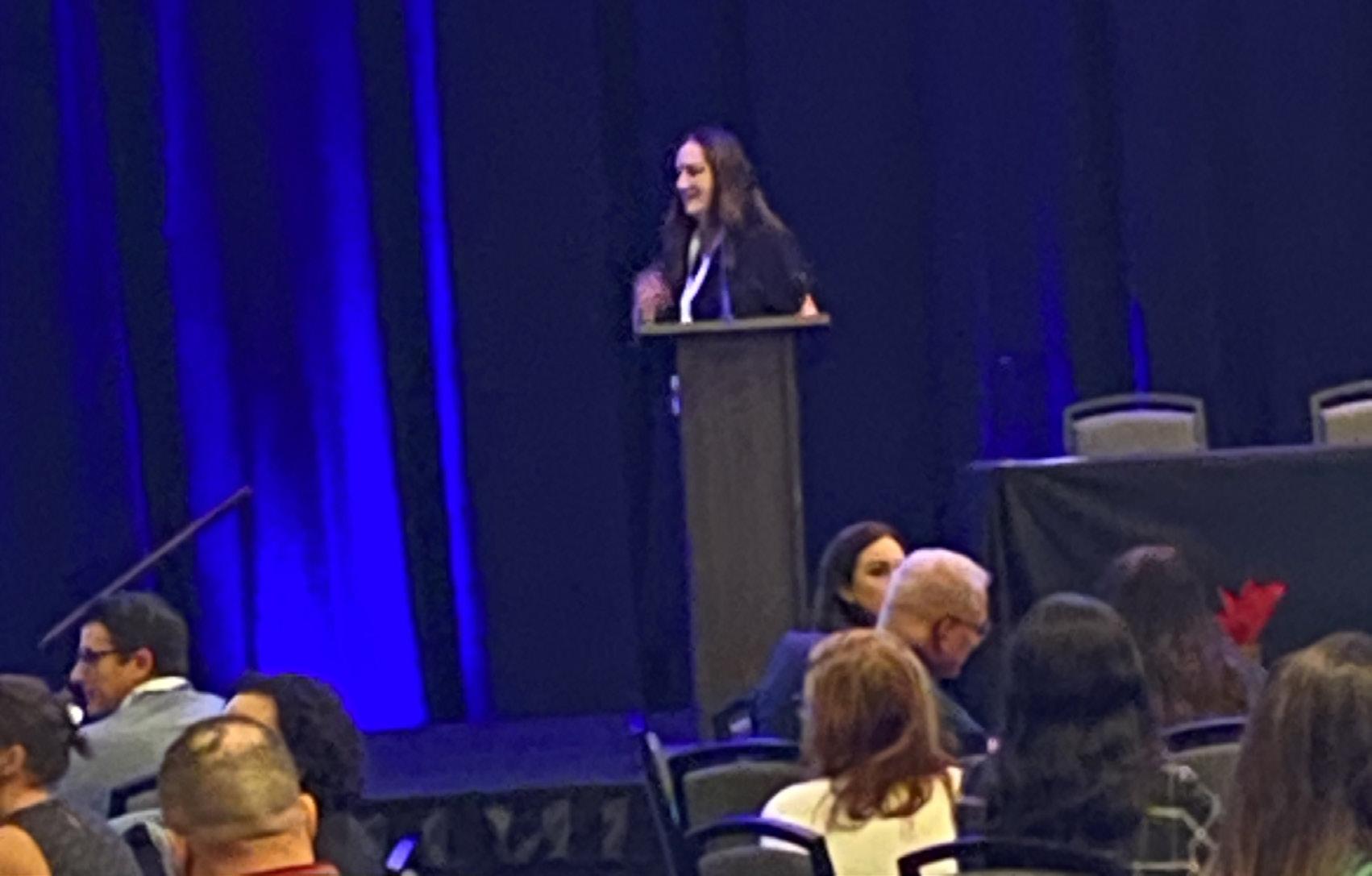
1 minute read
Board Spotlight
CHRIS BAILEY
ABILENE ISD
Chris Bailey started her career in public education 28 years ago, following her graduation from Abilene Christian University with a degree in Human Communication and a minor in Business Administration. She later earned her master’s degree in Educational Leadership from Texas Woman’s University. Over the years,
Chris has served in three school districts across Texas- including the DFW metroplex (Birdville ISD), the suburbs of Houston (Conroe ISD), and West Texas (Abilene ISD). Her extensive educational experience includes roles as a teacher, advanced academics specialist, instructional coach, principal, and director of human resources. These experiences have equipped her well for her current position as Executive Director for Human Resources for Abilene ISD.
Chris is married to David Todd Bailey, the Vice President and General Manager for a local television station. They have two adult children and two fur babies.
Abilene ISD covers approximately 106 square miles in Taylor and Jones Counties. Abilene ISD has two traditional high schools, a STEM high school, an alternative high school, and a medical high school. AISD has four middle schools, eleven elementary schools, and an early learning/pre-kindergarten center. Approximately 14,000 students are enrolled in Abilene ISD. A key challenge faced by Abilene ISD is the limited availability of certified Special Education teachers. This shortage places additional strain on existing staff and makes it difficult to meet the diverse needs of students requiring specialized support.
Chris joined the Texas Association of School Personnel Administrators (TASPA) board to expand her impact beyond her local district and support educators on a broader scale. She values the opportunity to collaborate with like-minded professionals who are passionate about leading and advocating for educators across Texas.
Chris believes one of the most pressing challenges facing public education is the shortage of certified teachers entering the profession. Compounding this issue are legal mandates that often do not align with the level of federal and state funding provided to districts.

